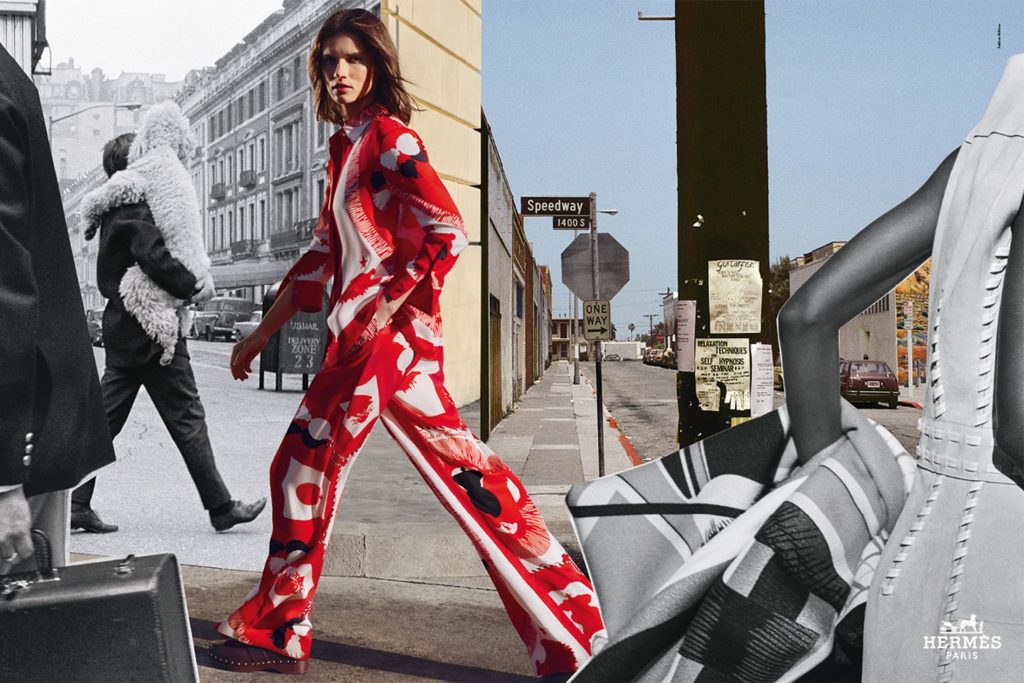On a busy commercial street in Renhuai is a spacious brick-and-mortar outpost bearing Louis Vuitton signage and shelves filled with the Paris-based brand’s pricey handbags and other accessories. At first glance, the store – with its branded exterior and ad campaign imagery-filled windows – seems perfectly legitimate. But take a closer look and you will see that something is slightly askew. Positioned above the door is a branded sign. The “Louis” is spelled as “Loius.”
The altered spelling is not the only irregularity at play. Renhuia, which is located in the north of Guizhou province, is a third tier city. Like most luxury brands, Louis Vuitton has focused its energies on established brick-and-mortar stores in Tier 1 and 2 cities, those with the highest gross domestic product levels and the greatest number of occupants. For instance, the Paris-based brand currently maintains a half a dozen stores in the Chinese capital of Beijing, which is a first tier city.
That has not stopped a number of luxury-branded stores, including Louis Vuitton and Prada, from popping up in the less densely populated and lower GDP-generating tier-3 and tier-4 cities, such as Renhuai. However, much like the Supreme store that recently opened in Shenzhen and the Yeezy and New Balance stores in Wenzhou, these luxury branded outposts are unauthorized and their offerings are fake.
Completely counterfeit stores are hardly novel phenomena in China. A wildly elaborate fake Apple store in Beijing, complete with automated iPhone check-ins and a faux Genius bar, was shut down by local authorities early this year, and for years prior, imitations of Ikea stores and food chains like Subway existing in China’s biggest metropolises. What is relatively new is the spreading of these fake outposts to the mainland’s less densely populated cities in an attempt to fill the void left by Western brands busy occupying China’s bigger cities.
“They are most prevalent in third and fourth-tier cities, where demand is often not met by companies, and it’s easier to trick shoppers,” an unnamed “source at Louis Vuitton” told Chinese news site Inkstone News.
As counterfeit sellers continue to increase the sophistication of their dealings and the offerings, themselves, in the digital domain, these faux physical outposts are simultaneously growing both in size and sophistication. “We often find fake shops like these. However, the size, in this case, was surprisingly big,” the source told Inkstone. “They try to avoid a lawsuit by slightly changing the name, but that’s usually a hopeless strategy in court, so they disappear if they’re found.”
That is exactly what happened with the “Louis Vuitton” store in Renhuai. One day it was open and selling counterfeit Louis Vuitton bags and the next, it was being dismantled after Louis Vuitton was alerted to its existence.
While China has – in recent years – adopted legislation to protect famous trademarks from such squatting, both online and off, the practice is still alive and well, as indicated by the ever-growing presence of China’s counterfeit economy.











